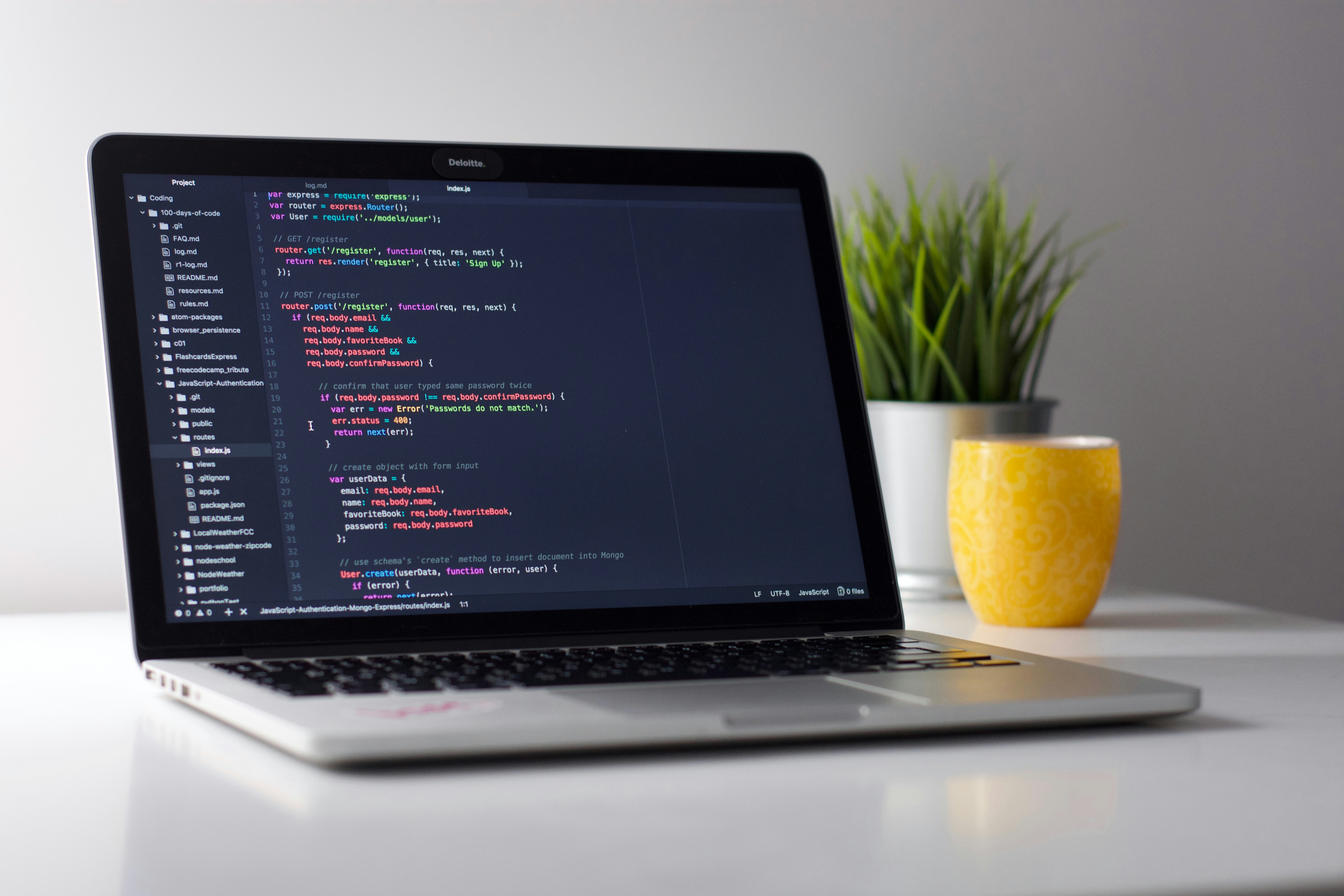Five years of legal warfare between Google and Epic Games might finally be over. On November 4, 2025, the two companies jointly announced a proposed settlement to their bitter antitrust dispute, a deal so significant it could fundamentally reshape how Android distributes apps and handles payments worldwide. Judge James Donato will review the agreement on December 11, and if approved, it will mark one of the most dramatic victories for app developer rights in tech history.
How We Got Here: The Five-Year War
The conflict began in August 2020 when Epic Games deliberately bypassed Google Play’s billing system by offering direct in-app purchases in Fortnite. Google responded by removing the game from the Play Store. Epic didn’t back down. Instead, they sued, claiming Google maintained an illegal monopoly over Android app distribution and in-app payments.
In December 2023, a federal jury unanimously ruled in Epic’s favor, finding Google guilty of maintaining a monopoly. Google was ordered to allow third-party app stores on Android, end preferential revenue deals with major developers, and let creators direct users to alternative payment methods. Google appealed, but in July 2025, an appeals court upheld the original verdict. The company faced a clear choice: keep fighting or negotiate. They chose to negotiate.
Epic CEO Tim Sweeney didn’t hesitate to celebrate. He called the settlement proposal “awesome” and said it “genuinely doubles down on Android’s original vision as an open platform.” That enthusiasm from the victor tells you a lot about what Google agreed to.
What Google Actually Committed To
The settlement is massive in scope. Starting immediately and continuing through 2032, Google has agreed to:
First, simplify the installation of third-party app stores like Epic’s own Epic Games Store on Android devices worldwide. Currently, installing apps outside the Play Store requires navigating confusing security settings. Google will streamline this process while maintaining security standards.
Second, allow developers to direct users toward alternative payment methods both within apps and through external website links. This is crucial because it means Epic could theoretically offer Fortnite through the Play Store while directing players to pay Epic directly instead of through Google’s billing system.
Third, dramatically reduce Google’s commission on transactions using alternative payment methods. Instead of Google’s standard 15-30% cut, it will charge only 9% or 20% depending on the transaction type and when the app was installed. That’s a massive reduction that directly increases revenue for developers and makes alternative app stores economically viable.
Fourth, extend these changes globally and commit to them through 2032, not just the 2027 date the original court order specified. That seven-year commitment signals Google’s serious about these reforms.

What Epic Had to Give Up
This wasn’t a complete capitulation by Google. Epic withdrew certain demands as part of the settlement. Specifically, they dropped their request that Google share its full app catalog with competing app stores. They also agreed that developers still need to support Google Play’s payment system when alternatives are available, ensuring Google doesn’t get completely cut out of the equation.
These were strategic concessions from Epic, not desperate compromises. The core demands – third-party app stores, alternative payment systems, and lower fees – all stayed intact. Epic got what really mattered.
The Fortnite Return Everyone’s Waiting For
The settlement opens the door for Fortnite to return to Google Play, which it’s been absent from since 2020. Players could soon download Fortnite directly from the Play Store again, or more likely through the Epic Games Store app installed via the Play Store. The exact logistics haven’t been detailed, but the practical outcome is clear: Fortnite will be available through Google’s ecosystem again without Epic paying Google the 30% commission they fought so hard to avoid.
That matters for casual mobile gamers who never bothered with sideloading. Getting Fortnite back into the Play Store legitimizes the Epic Games Store and proves that alternative payment methods work within Google’s walled garden.
What This Means for the App Store Economy
This settlement might be the most significant blow to app store monopolies since the original Epic vs Apple case. While that case resulted in Apple allowing alternative payment methods in certain limited circumstances, Google’s settlement is more sweeping and concrete. Google is essentially admitting that its app store model was anticompetitive and restructuring it accordingly.
For developers, this is transformative. A 9-20% commission on alternative payment transactions compared to Google’s 30% standard fee means significantly more revenue staying in developer pockets. For indie game studios and smaller app creators, that difference could make projects viable that otherwise wouldn’t be.
For users, this means more choice about how to discover and install apps. Third-party app stores become genuinely accessible rather than requiring technical knowledge to sideload. Competition between app stores might finally become real.
For Google, this represents a major strategic shift, though Sameer Samat, Google’s President of Android Ecosystem, tried to frame it positively, saying “expanding developer choice and flexibility, lowering fees, and encouraging more competition all while keeping users safe” was always the goal.
Why Google Settled Now
Google could have continued appealing to the Supreme Court, but that was a losing proposition. The appeals court had already upheld Epic’s victory, and the Supreme Court had refused to block enforcement of the original ruling. Google faced either accepting the court-ordered reforms under pressure or negotiating terms that gave them slightly more favorable conditions.
The settlement arguably gives Google better terms than the original court order because it specifies clearer parameters around security and safety requirements for third-party stores. It also extends the implementation timeline slightly, giving Google more time to transition systems. It’s not a victory, but it’s damage control.
Additionally, settling puts an end to years of negative headlines and regulatory scrutiny. This case has been cited in antitrust discussions worldwide. Resolving it sends a signal to other jurisdictions that Google is willing to compromise, which might reduce the appetite for additional regulatory action.
When Does This Actually Take Effect?
Judge Donato will review the proposed settlement on December 11, 2025. If approved, some changes could potentially begin rolling out as soon as late 2025 or early 2026. However, fully implementing global changes to Android and the Play Store infrastructure will take time. Developers shouldn’t expect overnight transformation, but by mid-2026, the changes should be broadly implemented.
Google has until 2032 to maintain these reforms according to the settlement terms. That’s a seven-year commitment that extends well into the next decade, making it difficult for Google to quietly reverse course later.
FAQs
Is the Google vs Epic Games settlement officially finalized?
Not yet. The settlement is proposed and awaiting court approval from Judge James Donato on December 11, 2025. If approved, it becomes final and binding. Until then, it remains subject to change if the judge has concerns.
Will Fortnite return to Google Play?
The settlement makes it possible for Fortnite to return to Google Play. Epic hasn’t officially announced a return date, but the technical barriers have been removed. A return is expected but not yet confirmed.
What’s the new fee structure Google will charge?
For transactions using alternative payment methods, Google will charge 9% or 20% depending on transaction type and installation date. This is significantly lower than the standard 15-30% commission, but Google still takes a cut.
Does this affect Apple’s App Store?
No, this settlement is specific to Google Play and Android. Apple operates under separate agreements and court orders from the original Epic vs Apple case, which had different outcomes.
When will these changes take effect?
If approved by the court in December 2025, implementation could begin in late 2025 or early 2026. Full global rollout will take additional time, but by mid-2026, most changes should be available.
Can Google reverse these changes after 2032?
Technically yes, but the settlement legally commits Google to maintaining these reforms through 2032. After that date, Google would be free to change policy, but by then the market dynamics will have shifted significantly.
What does this mean for other developers?
Developers can now bypass Google’s 30% commission by using alternative payment methods and directing users to third-party app stores. This dramatically improves the economics of app development and enables new business models.
Will other app stores become viable?
Potentially yes. With lower technical barriers and the ability to offer lower fees through alternative payment, companies could now viably create competing app stores. The Epic Games Store is likely the first of potentially several alternatives.
Is this the end of the Epic vs Google case?
If Judge Donato approves the settlement in December, yes. This would conclude the 5-year legal battle and implement Epic’s demands through negotiated settlement rather than continued litigation.
Could this settlement be challenged?
Judge Donato could reject it if he believes it doesn’t adequately address his original concerns. However, both parties agreed to it, so a rejection is unlikely unless the judge has significant objections.
Conclusion
The proposed Google-Epic Games settlement represents a seismic shift in how Android handles app distribution and developer payments. After five years of courtroom warfare, Google has essentially agreed to dismantle the core elements of its app store monopoly. Fortnite will likely return, third-party app stores become accessible, and developers get to keep significantly more of their revenue. The settlement still requires court approval in December, but if Judge Donato signs off, it will rank among the most significant tech industry settlements in recent history. For Epic Games, it’s vindication of their bold refusal to settle for money in exchange for systemic change. For Google, it’s the end of a long fight that became unwinnable. And for the millions of Android users and developers worldwide, it’s the beginning of a more open, competitive ecosystem that resembles what Android was always supposed to be.

